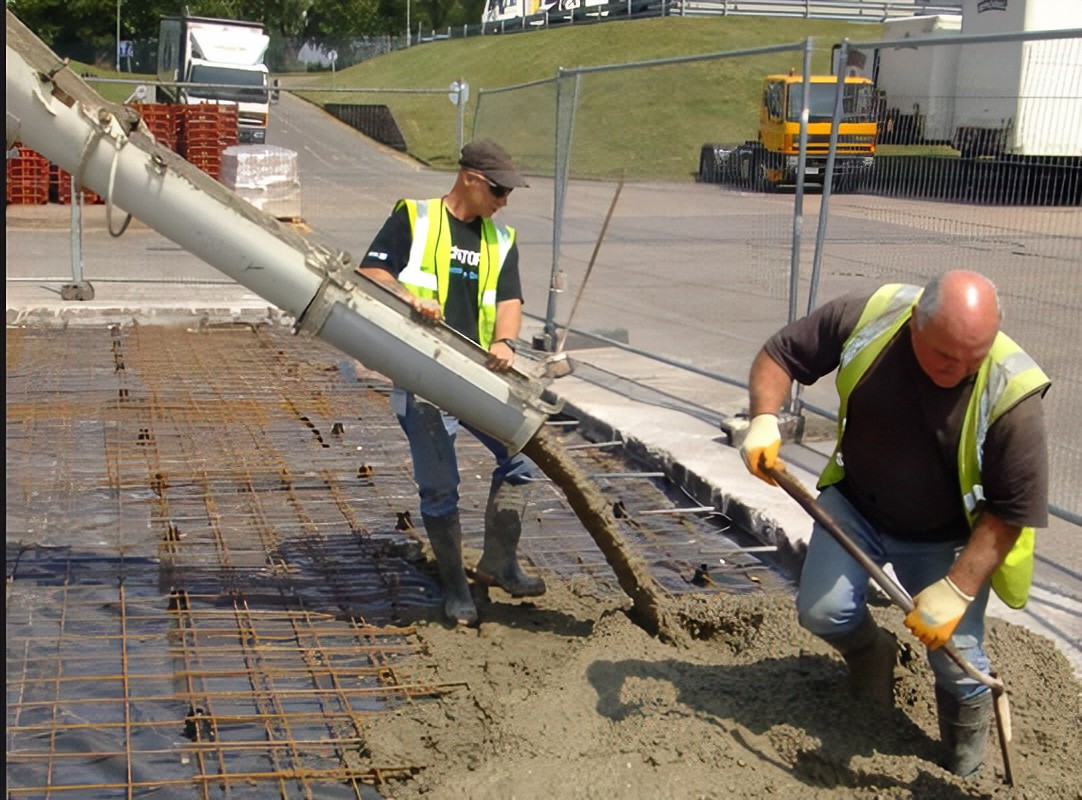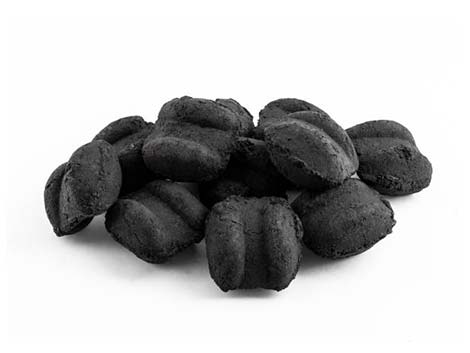In the ever-evolving landscape of sustainable construction, a promising revolution is taking place — the infusion of charcoal into construction materials. This post delves into the transformative impact of charcoal-infused construction materials, exploring their sustainable attributes, manufacturing processes, and the broader implications for eco-friendly building practices.

The Green Promise of Charcoal-Infused Construction Materials:
Carbon Sequestration Potential:
Charcoal, a carbon-rich material, has the potential to sequester carbon when integrated into construction materials. This can contribute to the reduction of greenhouse gas emissions, aligning with global efforts to combat climate change. It usually is produced by charcoal manufacturing machine.
Thermal Insulation Properties:
Charcoal’s natural insulating properties make it an ideal candidate for enhancing the thermal efficiency of construction materials. Charcoal-infused materials can help regulate indoor temperatures, reducing the need for excessive heating or cooling.
Moisture Absorption and Regulation:
Charcoal’s porous nature allows it to absorb and regulate moisture effectively. Construction materials infused with charcoal can help prevent moisture-related issues such as mold growth and deterioration, promoting the longevity of structures.
Manufacturing Processes of Charcoal-Infused Construction Materials:
Charcoal Activation Techniques:
Activated charcoal, known for its enhanced porosity, is often used in the manufacturing of construction materials. Activation methods, including chemical activation and high-temperature processes, play a crucial role in optimizing charcoal’s properties.
Mixing and Integration:
Charcoal is integrated into construction materials during the mixing phase. The uniform distribution of charcoal particles ensures that the desired properties are imparted to the final product, whether it be concrete, plaster, or insulation materials.
Binding Agents and Admixtures:
Various binding agents and admixtures are used in combination with charcoal to create durable and structurally sound construction materials. These additives enhance the cohesion of the material while retaining its eco-friendly attributes. The charcoal produced by charcoal briquette machine has a key role in construction.

Applications of Charcoal-Infused Construction Materials:
Charcoal-Infused Concrete:
Charcoal-infused concrete is gaining popularity for its improved strength, reduced weight, and enhanced thermal properties. It finds applications in both residential and commercial construction projects.
Insulation Materials:
Charcoal-infused insulation materials offer a sustainable alternative to traditional options. These materials provide effective thermal insulation while contributing to a healthier indoor environment.
Sustainable Plaster and Mortar:
Plaster and mortar infused with charcoal exhibit excellent moisture regulation properties, making them suitable for both interior and exterior applications. These materials contribute to sustainable building practices and improved air quality.
Environmental Advantages of Charcoal-Infused Construction Materials:
Reduced Carbon Footprint:
The integration of charcoal in construction materials can lead to a reduction in the overall carbon footprint of buildings. By utilizing a renewable and carbon-sequestering resource, the construction industry takes a step towards environmental stewardship.
Waste Reduction and Upcycling:
Charcoal-infused construction materials often involve the utilization of waste charcoal or by-products from other industries. This upcycling approach contributes to waste reduction and promotes the circular economy.
Energy Efficiency:
The thermal properties of charcoal-infused construction materials contribute to improved energy efficiency in buildings. Reduced reliance on artificial heating and cooling systems aligns with sustainable construction practices.
Challenges and Considerations:
Standardization and Certification:
Establishing standardized testing methods and certifications for charcoal-infused construction materials is essential to ensure consistency in performance and safety across the industry. The coconut shell charcoal machinery helps to control the quality of charcoal.
Long-Term Durability:
While charcoal-infused materials offer promising attributes, ensuring their long-term durability and resistance to environmental factors requires thorough testing and research.
Case Studies in Charcoal-Infused Construction:
Charcoal-Infused Concrete in Sustainable Housing (Japan):
Japan has seen successful experiments with charcoal-infused concrete in sustainable housing projects. The material’s insulating properties contribute to reduced energy consumption and improved indoor comfort.
Green Office Spaces with Charcoal-Infused Insulation (Netherlands):
Charcoal-infused insulation materials have been integrated into office spaces in the Netherlands. The materials contribute to a more energy-efficient and comfortable working environment.
Future Prospects and Innovations:
Advanced Activated Charcoal Technologies:
Ongoing research in advanced activated charcoal technologies holds the potential for further optimizing the properties of charcoal used in construction materials, enhancing their performance and sustainability.
Smart Materials Integration:
The integration of charcoal with smart materials, such as those responsive to environmental conditions, could open new avenues for innovative and adaptive construction materials.
Conclusion:
Charcoal-infused construction materials represent a transformative approach to sustainable building practices. With their carbon sequestration potential, thermal insulation properties, and environmental advantages, these materials offer a path towards a greener and more eco-conscious construction industry. As ongoing research and real-world applications continue to shape the landscape, charcoal-infused construction materials stand as a testament to the industry’s commitment to sustainability, resilience, and a future where structures not only stand strong but also stand for a healthier planet. If you are interested int charcoal production, contact Beston Group.